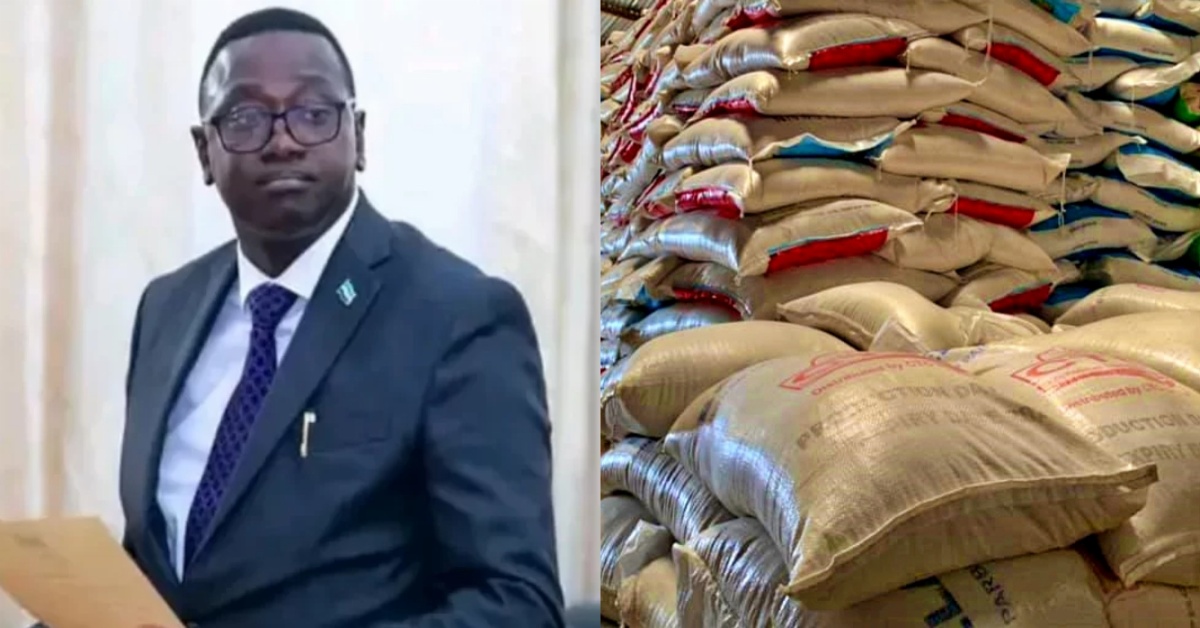In a recent investigation, Standard Times has uncovered that Sierra Leone is set to implement the lowest import duty on rice when the new Finance Act, 2024, takes effect in January. The move aims to curb criminal activities by major rice importers and alleviate the financial burden on citizens, considering rice’s significance as a staple food in the country.
Sierra Leone’s Minister of Finance, Sheku Ahmed Fantamadi Bangura, clarified that the restoration of tax on rice importation is not intended to harm citizens but rather to contribute to national development. He emphasized that the government had ceased taxing rice imports in 2009 due to global economic challenges, leading to cheaper imported rice compared to locally produced rice.
Bangura explained, “Government must tax rice. It is a prudent policy that is not meant to suffer the people.” The decision to reintroduce the tax is driven by the realization that it plays a crucial role in revenue generation for the country. Taxes on rice imports contribute significantly to income that can be utilized for developmental projects and public services.
The Finance Act 2024, passed by Parliament on 9th November 2023, introduces various fiscal measures to boost revenue generation. Importantly, it includes a 5% Import Duty on Rice, set to increase to 10% in 2025. The government aims to utilize these funds to support local farmers, fostering rice cultivation and flooding the market with locally produced rice.
Matthew Dingie, the Financial Secretary, highlighted that taxes on rice imports serve to protect and promote domestic rice production. By imposing taxes, the government creates a financial disincentive for importers, giving local rice farmers a competitive advantage. This strategy encourages domestic production, reduces reliance on imports, and enhances food security.
Moreover, taxes on rice imports are seen as a means to maintain fair market competition. The government ensures that imported rice is not sold at unfairly low prices, preventing unfair competition and protecting the interests of local farmers. An Agricultural Expert emphasized that higher tax rates can be used as a policy tool to control the quantity of imported rice, balancing market share between imported and domestically produced rice.
In summary, the reintroduction of taxes on rice importation in Sierra Leone is a multifaceted approach aimed at revenue generation, promoting domestic production, ensuring fair market competition, controlling import quantities, and improving the country’s trade balance. These measures collectively contribute to the development of the agricultural sector, support local farmers, and enhance food security in Sierra Leone.


 2 Comments
2 Comments 









If importers stop bringing rice in the country can the local produce rice feed the nation? Wherein since I was born in this country I see a local produce rice in the market. You guys needs to think properly before bringing hugly situation for yourself
If importers stop bringing rice in the country can the local produce rice feed the nation? Wherein since I was born in this country I never seen local produce rice in the market. You guys needs to be serious on things that will not affect you government